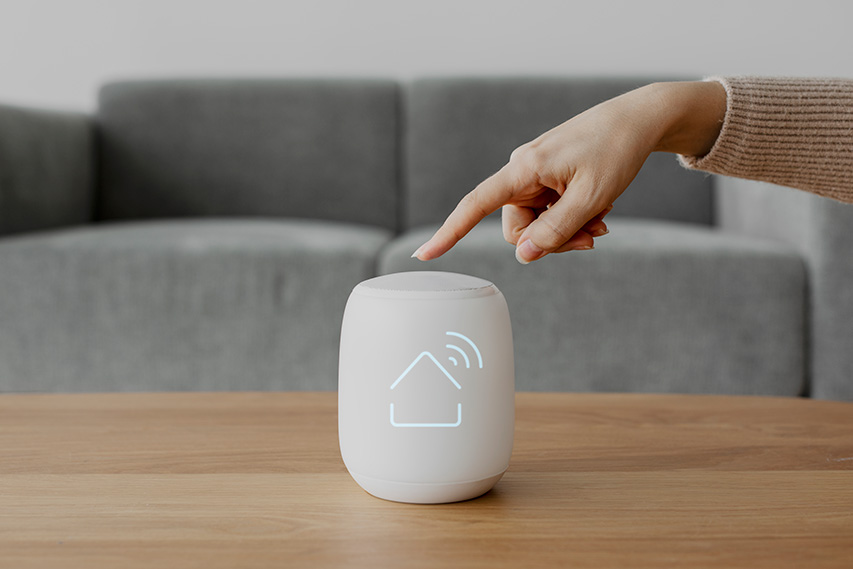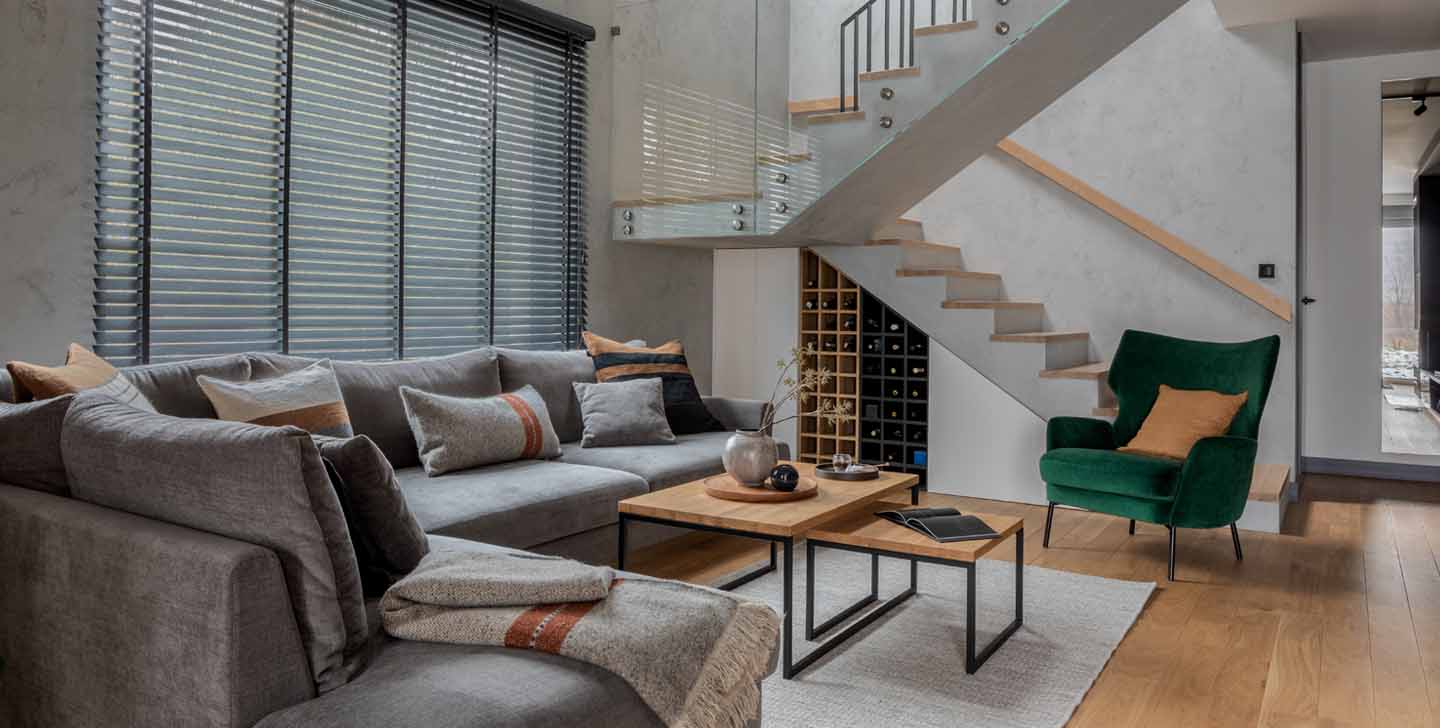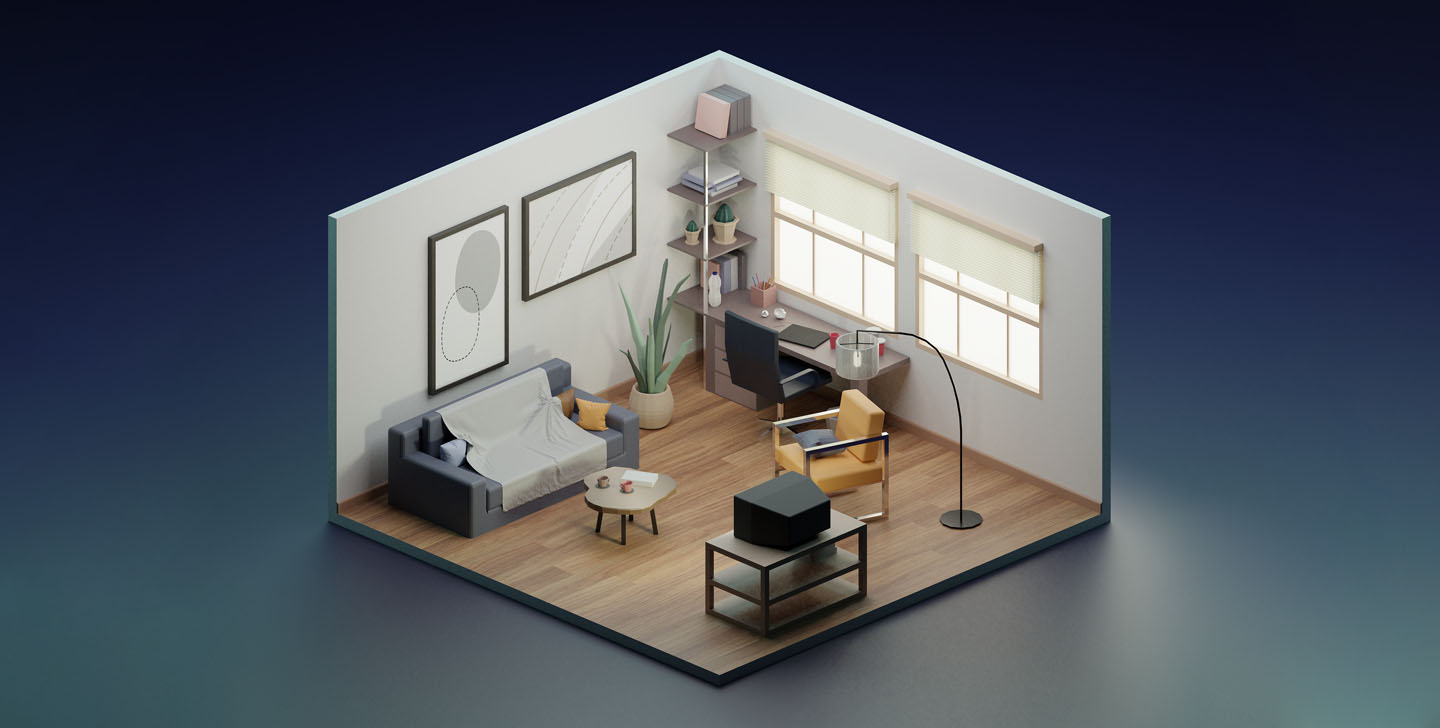Defining Interior Design
At its core, interior design is the art and science of shaping indoor spaces to be both functional and aesthetically pleasing. Designers get to tackle all sorts of projects, from revamping cosy homes to laying out sleek hotels or efficient office spaces. The ultimate goal? To create environments that feel comfortable, meet people’s needs, and reflect their personal tastes, making everyday life a little more enjoyable.
Key Features of Interior Design
1. Balancing Functionality and Style
Interior design is about more than just making things look good. It’s about creating spaces that work seamlessly while feeling warm and inviting. This takes real creativity: understanding what clients want and turning those ideas into fresh, innovative designs that enhance how people live or work.
2. Working Within a Budget
Clients usually come with a set amount of cash to spend, so stretching that budget as far as possible becomes a fun puzzle. It means getting resourceful, finding affordable yet clever solutions and collaborating closely with clients to hit their goals without breaking the bank.
3. Prioritizing Sustainability and Inclusivity
Today’s designers have to think green: choosing eco-friendly materials, cutting down on energy and water use, and ensuring spaces are accessible for everyone, including those with disabilities. Don’t forget safety features like fire-resistant elements.
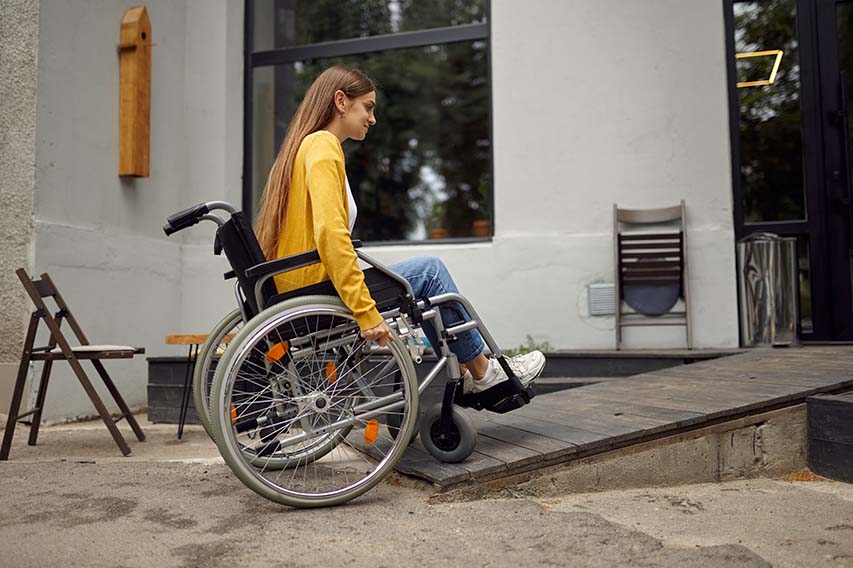
Essential Skills for a Top Interior Designer
Ready to level up? Here’s what it takes to thrive as a professional in this field:
- Creativity: Thinking outside the box to solve design dilemmas with unique, tailored solutions.
- Technical Know-How: A solid grasp of building structures, systems, and relevant codes and regulations.
- Communication Skills: Clearly sharing your vision with clients and team members to bring ideas to life.
- Organizational Prowess: Juggling time and resources to deliver projects on schedule and on budget.
- Software Expertise: Proficiency in tools like AutoCAD and SketchUp for drafting precise plans and 3D renders.
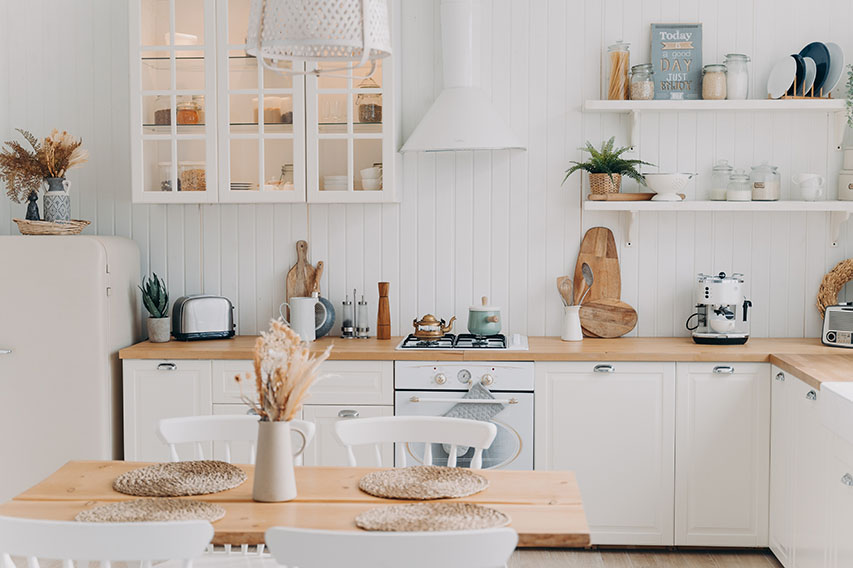
Master in Interior Design
At SHIFTA, our Master in Interior Design program is tailored to help you hone these skills and navigate the modern challenges of designing lived-in spaces—think homes, offices, and spots for daily routines. It’s all about applying cutting-edge design principles to real-world scenarios.
What comes next? Interior designers have tons of career paths to explore. You could join a design firm, work with construction or renovation companies, or dive into retail at furniture and decor stores. Other options include product design companies, consulting gigs, event and exhibition design, hospitality (like hotels and restaurants), or even running your own freelance practice or private studio.
Where Is the Interior Design Industry Headed?
That’s the million-dollar question. While the fundamentals of the job aren’t changing dramatically, one trend is impossible to ignore: the rise of artificial intelligence and tech tools. They’re here to stay, so let’s dive into how they’re shaking things up in interior design.
Embracing Artificial Intelligence
Dreaming of a futuristic home? AI and tech can make it happen! These tools are game-changers for customizing spaces to fit individual lifestyles. Picture smart sensors that track how you use a room and automatically tweak lighting, temperature, or even layouts for maximum comfort and efficiency. It’s like having a home that adapts to you.
Plus, AI can whip up fully personalized designs. Feed an app your style preferences, needs, and budget, and it generates a bespoke plan—no more one-size-fits-all approaches. And for fun? Imagine interactive elements like touchscreens or augmented reality setups that turn your space into an immersive Code Playground.
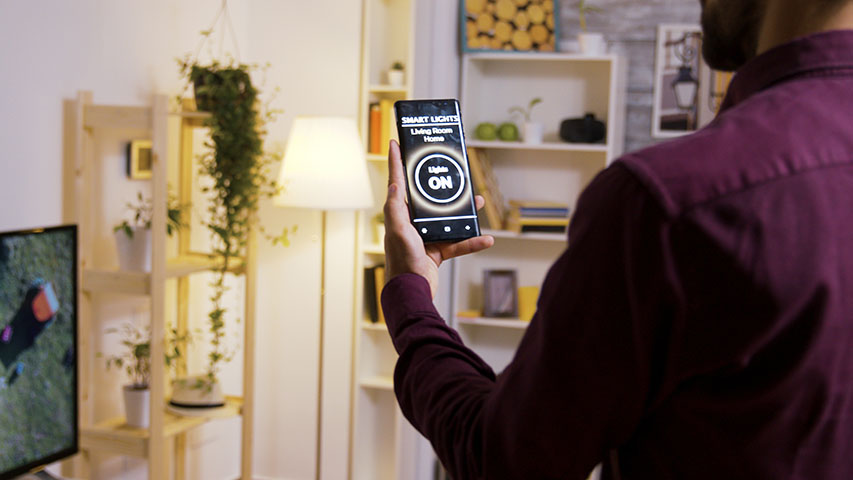
Incorporating Tech Tools
You’ve probably noticed tech popping up everywhere in modern interiors, and for good reason. It saves energy and cash by automating lights and heating, boosts security with cameras and alarms, and amps up comfort with built-in audio and entertainment systems.
That said, it’s not without challenges. Tech integration raises concerns about security and privacy. Designers must ensure systems are hack-proof and handle data responsibly, complying with privacy laws. Protecting users’ personal info and preventing unauthorized access is non-negotiable. Striking that balance between innovation and safety will be key as the field evolves.
